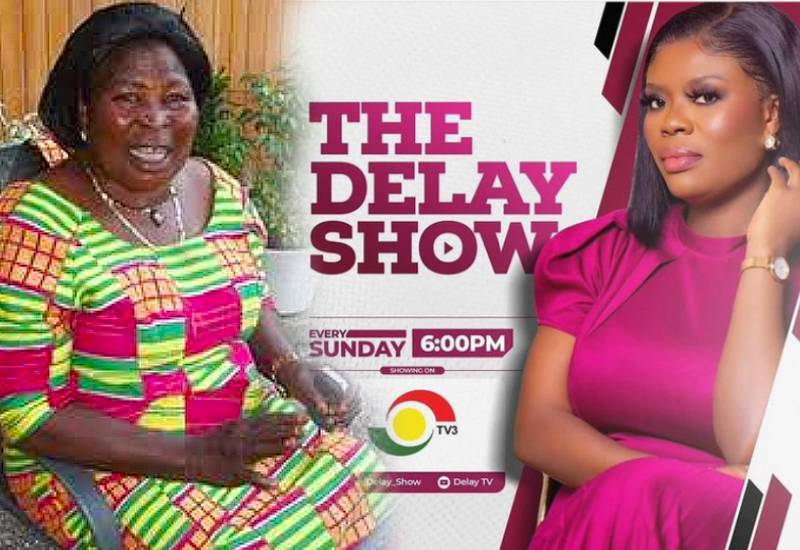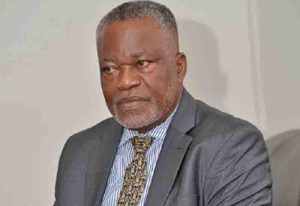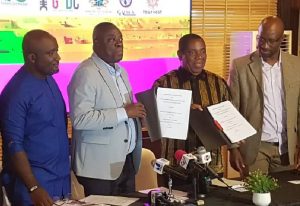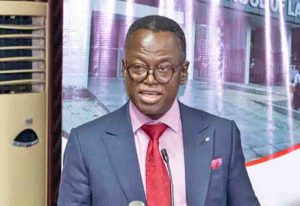By Godwin Owusu Frimpong
Curses and Cultural Conflicts: The Case of Maame Akua Donkor and Delay
Curses hold deep meaning in Akan culture, representing both individual and communal suffering that can last for generations. Recently, Maame Akua Donkor, the founder of the Ghana Freedom Party, reaffirmed a curse against media personality Deloris Frimpong Manso, also known as Delay. This curse originated from a ten-year-old interview where Delay questioned why she was labeled a “mad woman,” escalating a personal grievance into a significant cultural discussion on respect, forgiveness, and the relationship between elders and youth.
In the original interview, Delay’s remarks sparked a larger reaction, illustrating the Akan belief that publicly humiliating someone can have serious emotional and spiritual repercussions. In Ghana, especially among the Akan, elders are highly respected, and disrespecting them threatens community harmony. For Akua Donkor, Delay’s comments represented a serious breach of respect, justifying a lifelong curse—a significant act in Akan tradition, where curses are believed to have enduring effects.
Her decision not to lift the curse emphasizes the importance of accountability and genuine apologies. She stated she would “never forgive” Delay, citing Biblical principles to support her stance. This intertwining of religious beliefs with cultural values highlights how deeply rooted moral codes influence choices around forgiveness and reconciliation.
The implications of such a curse extend beyond personal disputes, potentially affecting societal views and Delay’s future opportunities, particularly in her personal life and relationships. In a culture that prizes family ties, the curse could hinder Delay’s potential for marriage and partnerships, illustrating how the consequences of unresolved grievances can impact various aspects of life.
As this situation unfolds, it highlights that unresolved conflicts can create deeper divides within a community, obstructing reconciliation and healing. The story of Maame Akua Donkor and Delay serves as an important reflection on respect, the power of words, and the critical role of forgiveness in African cultural and spiritual traditions.
Godwin Owusu Frimpong




